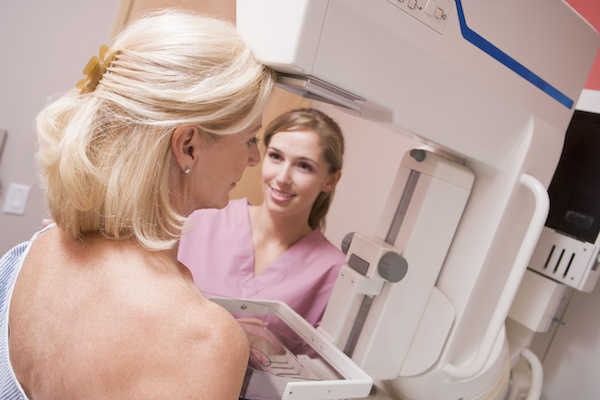Getting on Track with Breast Health
- Category: Health
- Published: Wednesday, 03 April 2024 11:51
- Joanne Wallenstein
 The following was written by Dianne Seo, DO, Breast Surgery at White Plains
The following was written by Dianne Seo, DO, Breast Surgery at White Plains
It is never too early to take steps to decrease your risk for developing breast cancer. The American Cancer Society (ACS) predicts about 311,000 new cases and 42,000 deaths. Breast cancer is second only to lung cancer for cancer-related deaths in women.
I encourage you to ask your healthcare provider about which screening tests are right for you if you are at higher risk. If you are at average risk, start annual mammograms at age 40 and clinical breast exams at age 20. Mammography is a low-dose X-ray that can detect breast cancer before it can be felt. Early detection saves lives by reducing the risk of death from breast cancer and increasing treatment options.
The first step is to know your risk and discuss it with your healthcare provider: do you have any family history of breast and/or ovarian cancers or inherited genetic mutations in breast cancer-susceptible genes? What is your reproductive and menstrual history? Also address potentially modifiable risk factors associated with breast cancer.
Women who exercise regularly have a 10-20% lower risk of developing breast cancer than those who do not. The ACS recommends 2.5-5 hours of moderate physical activity, or 1-2 hours of vigorous activity, a week. This can look different for all of us; it can include walking for 30-45 minutes every day, taking the stairs, dancing, running, weightlifting, doing yoga, Pilates or swimming a couple of times a week.
Studies have also shown that women who have three or more alcoholic drinks in a week have a 15-20% increased risk when compared to those who do not drink. Try to limit your alcohol intake to 1-2 drinks a week or consider non-alcoholic alternatives.
If you are undergoing any menopausal hormone therapy/combination hormone replacement therapy, talk to your provider about limiting or stopping them, as well as about potential alternative options. Women who use estrogen plus progestin have an increased risk of an abnormal mammogram within the first year of taking menopausal hormone therapy, and significantly increased risk of breast cancer with 5 or more years of use.
And keep in mind that breastfeeding actually decreases the risk of breast cancer.
In summary:
· Know your risk
· Maintain a healthy weight with regular exercise and eating a whole-food diet
· No smoking!
· Limit alcoholic beverages to 1-2 drinks a week
· Limit menopausal hormonal therapy (combination hormone replacement therapy)
· Schedule screening mammograms and clinical breast exams More information about breast imaging can be found here.
More information about breast imaging can be found here.
Dr. Dianne Seo is a breast surgeon at the White Plains Hospital Center for Cancer Care. To make an appointment, call 914-849-7580.
Health Matters: The original version of this article was published in Health Matters, a White Plains Hospital publication.






